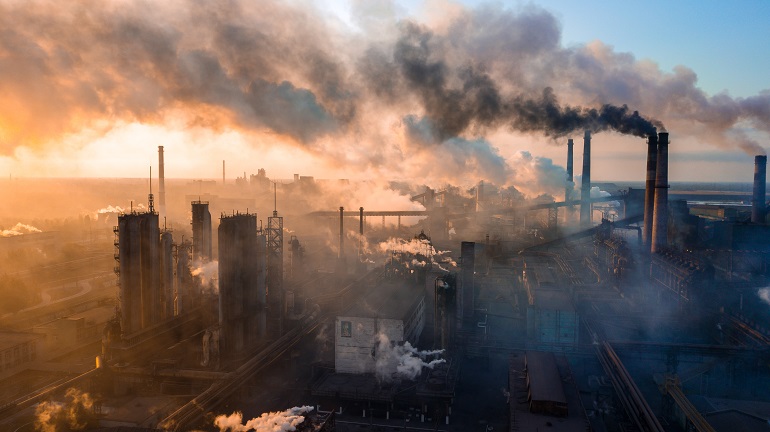After a (partial) agreement in Dubai, Asia discusses creating a ‘zero emissions community'
At COP28, a compromise agreement was reached that calls for "transitioning away from fossil fuels". Meanwhile, ASEAN and Japan will hold a summit in Tokyo later this week to discuss ways to speed up the environmental transition in Southeast Asia.
Dubai (AsiaNews/Agencies) – The last night of negotiations at COP28 saw a consensus emerge on a text that calls for “transitioning away from fossil fuels” by 2050; the deal stopped short, however, of calling for phasing them out, a point not welcomed by Russia and some members of the Organisation of Petroleum Exporting Countries (OPEC) like Iran and the United Arab Emirates.
The agreement, which was reached after two weeks of negotiations in which nearly 200 countries discussed how to collectively tackle the climate crisis, calls on countries to begin transitioning away from fossil fuels “in a just, orderly and equitable manner, accelerating action in this critical decade, so as to achieve net zero by 2050”.
In Asia, the debate on the future of the climate now moves to Tokyo, to the ASEAN-Japan summit, on 16-18 December, which will mark 50 years of relations between the Association of Southeast Asian Nations and Japan.
The main objective of the meeting between Japan and the members of the region’s main multinational organisation[*] is to draft a new vision of cooperation in various domains, including a rapid environmental transition and divestment from fossil fuels.
Japanese Prime Minister Fumio Kishida and Indonesian President Joko Widodo will co-host the meeting on Sunday. Along with Malaysia, Indonesia is among the 25 top oil-exporting countries in the world.
The leaders are also set to hold a separate summit on Monday under the Asia Zero Emission Community (AZEC) framework launched by the Japanese government to promote decarbonisation in the fast-growing Asian region.
Given the importance of the issue, Philippine President Ferdinand Marcos Jr will also be there.
Military-ruled Myanmar was not invited to take part in the summit, but Timor Leste Prime Minister Xanana Gusmao will join as an observer.
Thai Prime Minister Srettha Thavisin will also be in Tokyo. At the APEC meeting in San Francisco, he had said that he wanted to boost cooperation with Japan in the energy sector to transition to clean energy along with other countries. Many Japanese car manufacturers are present in the Southeast Asian country.
In his address at COP28 in Dubai, Japanese Prime Minister Fumio Kishida said that his government is already working with the region’s nations towards the environmental transition.
Japan is promoting a technology that would reduce carbon dioxide emissions in thermal power plants by mixing their waste product with ammonia.
In addition, Japan, South Korea, and Mongolia are among the 20 Asian countries that pledged in Dubai to triple the world's nuclear power capacity by 2050 to reduce global carbon emissions.
[*] ASEAN includes 10 countries: Brunei, Cambodia, the Philippines, Indonesia, Laos, Malaysia, Myanmar, Singapore, Thailand, and Vietnam.







.png)










